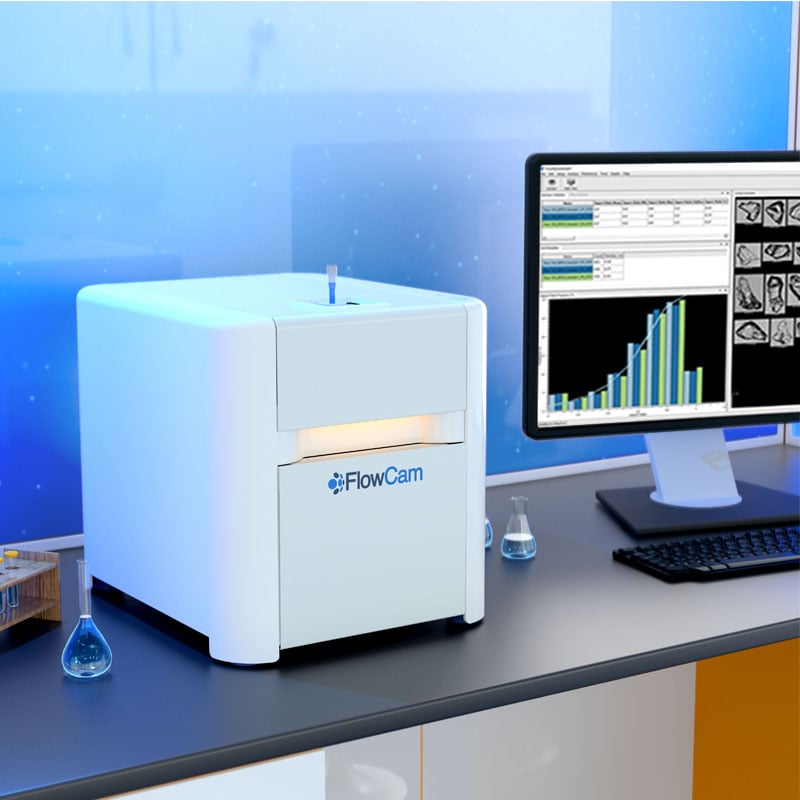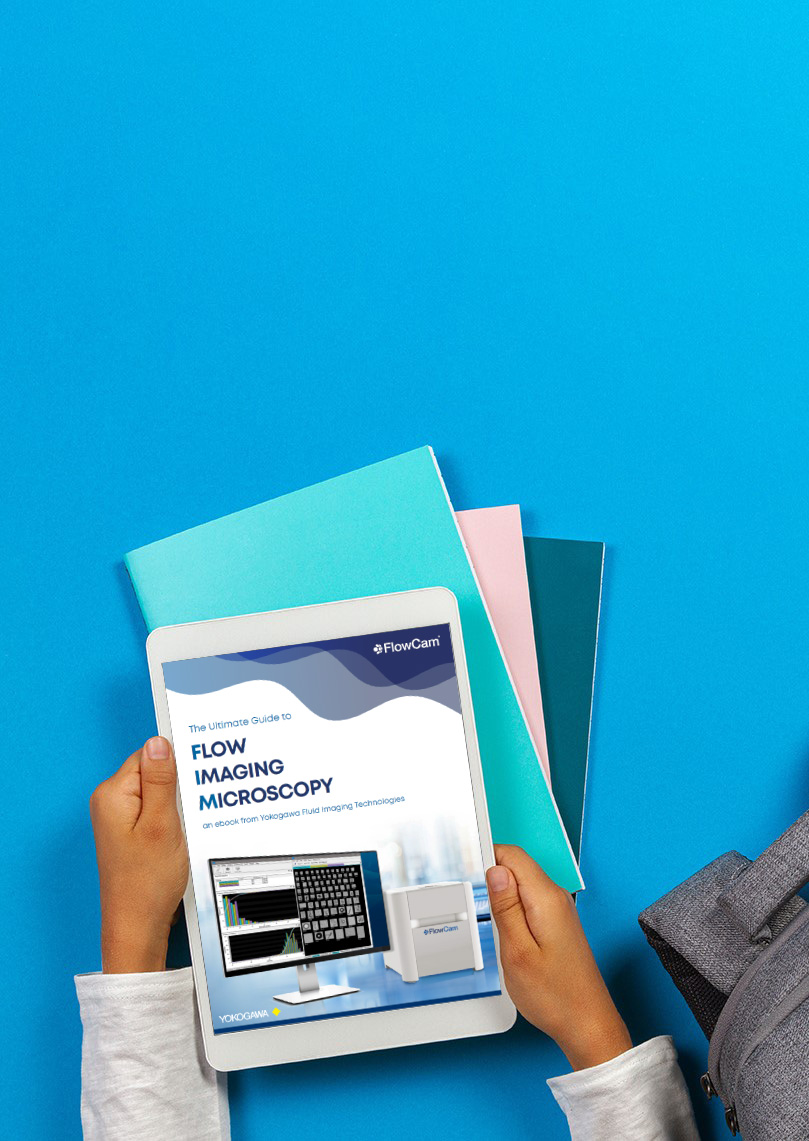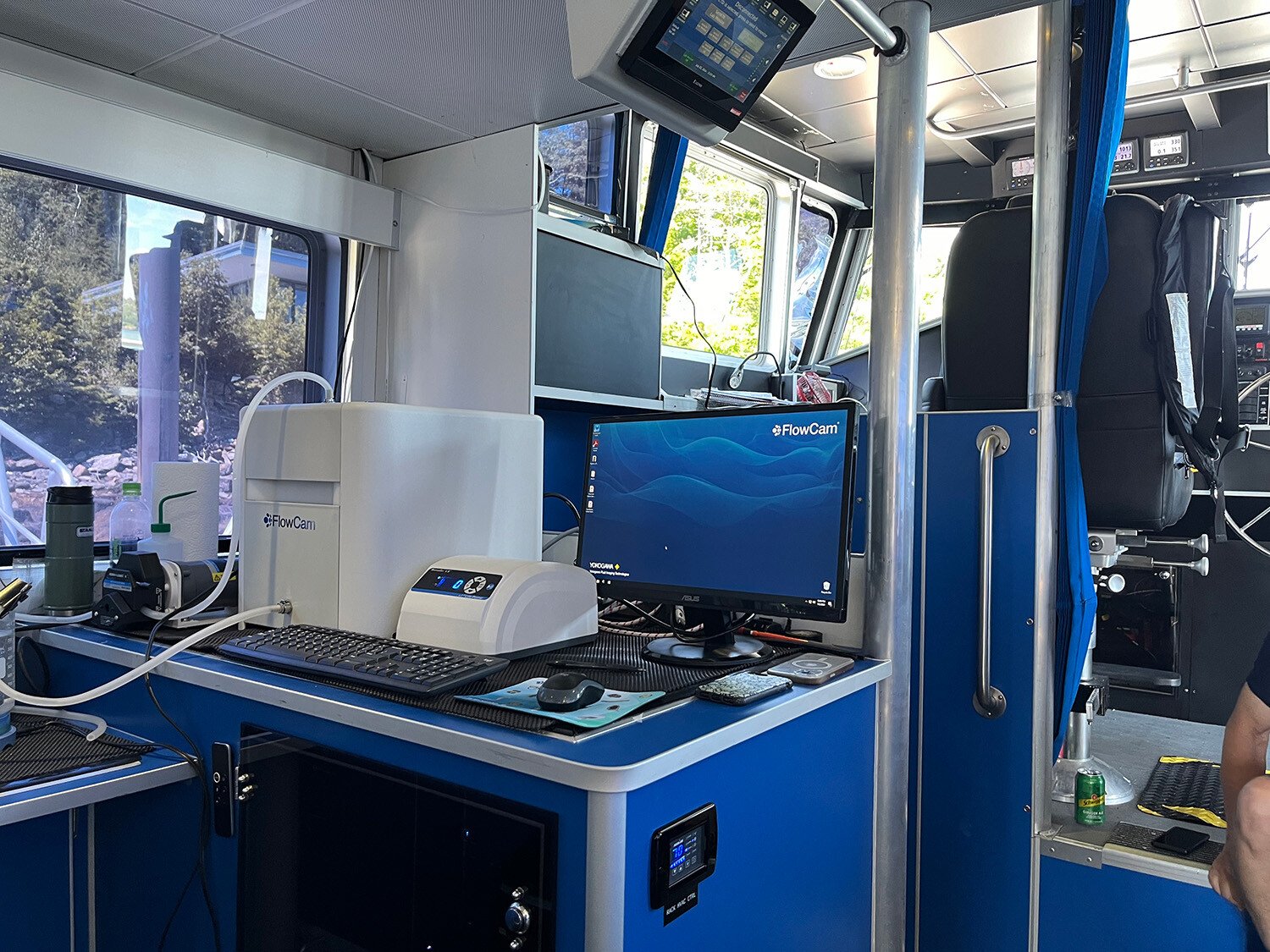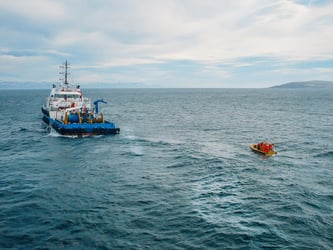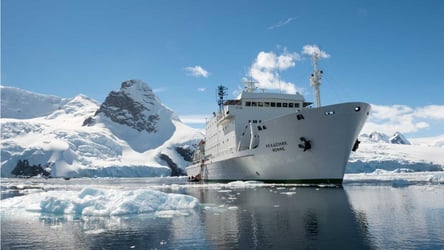 Cruising from station to station in the quiet mouth of the Damariscotta River, zooplankton ecologists at the Bigelow Laboratory for Ocean Sciences plot a course toward understanding climate effects on marine life. As David Fields and Maura Niemisto steer the lab’s Research Experience for Undergraduates (REU) program, students engage in authentic marine ecology research and collect water samples at strategic sites along the way. FlowCam embarked on a recent cruise to help David, Maura, and the students attain real-time data they can use to assess how climate and population dynamics might be coupled.
Cruising from station to station in the quiet mouth of the Damariscotta River, zooplankton ecologists at the Bigelow Laboratory for Ocean Sciences plot a course toward understanding climate effects on marine life. As David Fields and Maura Niemisto steer the lab’s Research Experience for Undergraduates (REU) program, students engage in authentic marine ecology research and collect water samples at strategic sites along the way. FlowCam embarked on a recent cruise to help David, Maura, and the students attain real-time data they can use to assess how climate and population dynamics might be coupled.
Bigelow has long been a pioneer in ocean sciences with a deep familiarity of the Damariscotta River. The REU students were poised to soak up as much knowledge as they could while contributing to Bigelow’s ongoing time series on zooplankton populations aboard the R/V Bowditch.
 A New Approach to Field Work with FlowCam Macro
A New Approach to Field Work with FlowCam Macro
Sample collection and analysis aboard R/V Bowditch usually consists of two procedures. A CTD (conductivity, temperature, and depth) instrument is used to visualize the conditions at the station, while a Bongo net is used to collect zooplankton samples. Samples are fixed with alcohol and brought back to the lab for analysis using a microscope.
FlowCam Macro offers researchers a way of analyzing live samples at sea while still on station, or when traveling between stations. The Macro’s high throughput platform allows teams to quickly process large volumes of seawater and produce high-contrast images of aquatic microorganisms to ensure easy identification. Importantly, FlowCam automatically measures the organisms it images, providing insight into the relative biomass contribution of distinct groups, data that is not easily obtained using microscopy alone.
Pressing Questions for a Changing Climate
Researchers like David and Maura are looking to answer questions in the era of climate change by monitoring and researching zooplankton. Those include understanding which species might be threatened by environmental changes and how these changes may influence shifts in zooplankton community composition that impact animals that depend on zooplankton as a food source. Population demographics and habitat conditions at those often-monitored stations Bigelow maintains can offer answers to those questions.
Plankton imaging with FlowCam helps determine the types of questions researchers can answer by providing real-time data of live samples while still at sea. It offers researchers a means to gather high-quality images and statistics on up to 500 milliliters of seawater per minute without being affected by choppy conditions, which is not possible with traditional microscopy. FlowCam Macro is a zooplankton imaging solution ideal for analyzing live samples at sea to gain faster, deeper insights into zooplankton community composition.

To learn more about the work being done at Bigelow Labs, check out the recent PBS documentary, Sea Change: Bounty in the Gulf of Maine, and to see how other researchers utilize FlowCam Macro for zooplankton research, check out this case study:
Using FlowCam Macro for the Study of Zooplankton
If you are taking FlowCam on your upcoming research cruise, please download our technical note, "Best Practices for Using FlowCam 8000 at Sea":



